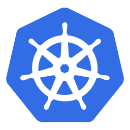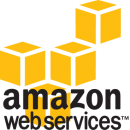Terraform: Building EKS, part 2 – an EKS cluster, WorkerNodes, and IAM0 (0)
10 September 2023
We continue the topic of deploying an AWS Elastic Kubernetes Service cluster using Terraform. In the first part, we prepared an AWS VPC. In this part, we’ll deploy the EKS cluster itself, and will configure AIM for it, and in the next parts, we’ll install Karpenter and the rest of the controllers. All the parts:… Read More »
![]()






